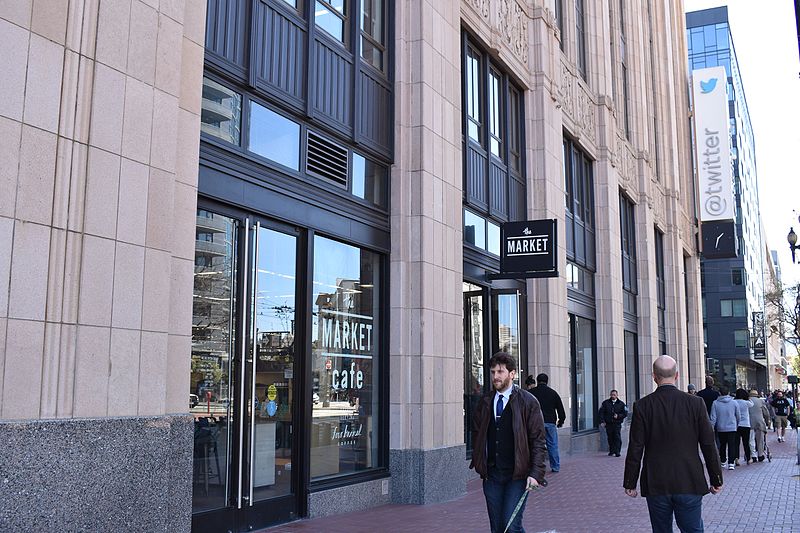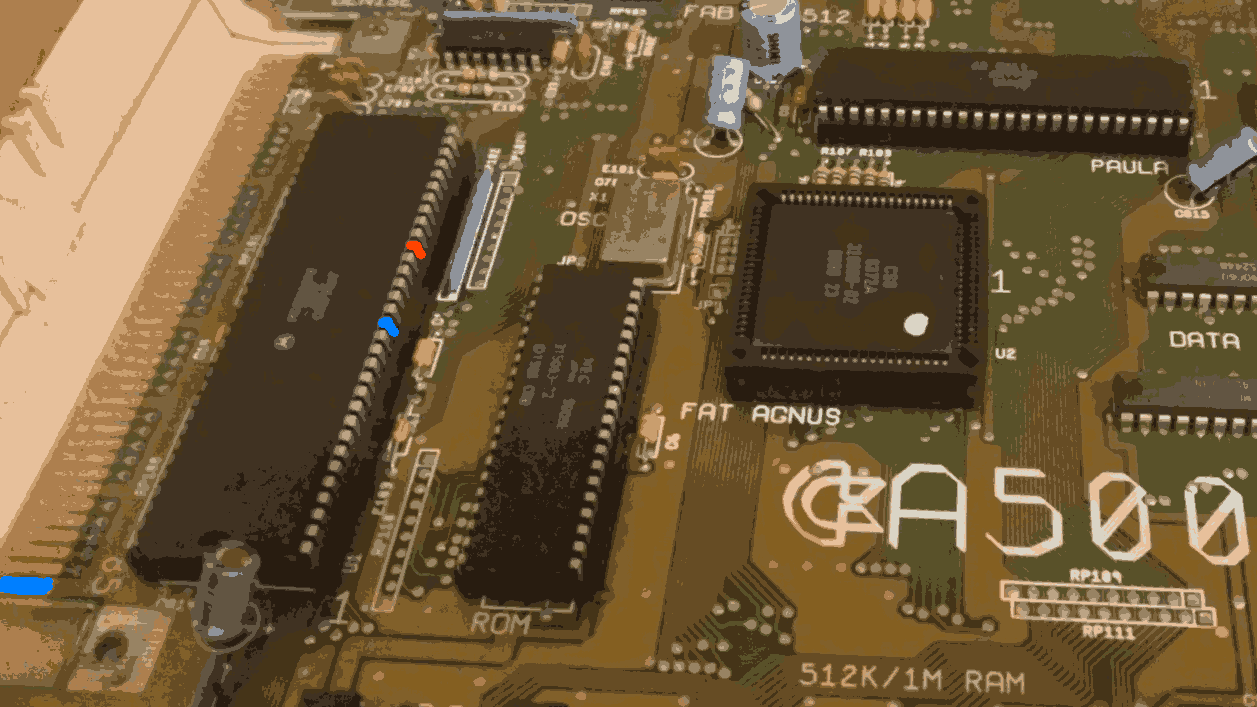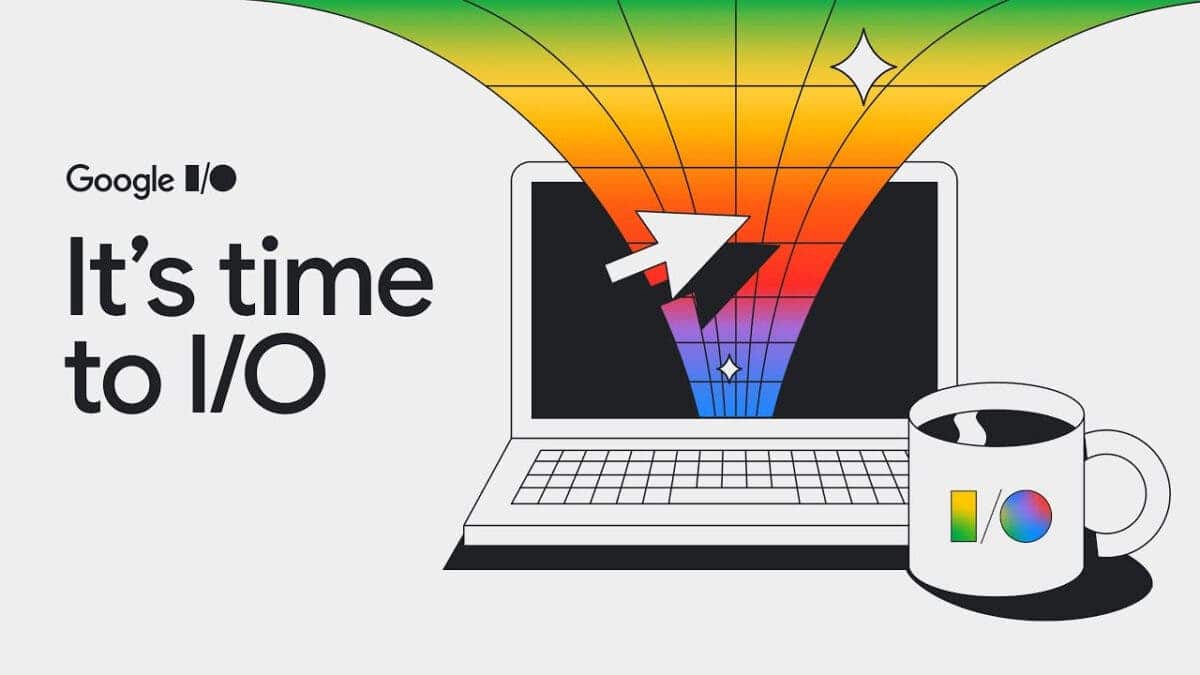It’s official… again. Elon Musk, the richest man in the world, is the new owner of Twitter Inc. His first order of business was to fire CEO Parag Agrawal, CFO Ned Segal and other top executives.
The Securities and Exchange Commission, in a filing on Friday, confirmed that the deal closed on Thursday and that Twitter is now part of Mr Musk’s X Holdings I Inc.
After closing the deal, Musk simply tweeted, “The bird is released” on what is now his platform.
The long and winding road
The takeover of the company was not smooth sailing. The deal stalled for more than five months and gave way to adversarial litigation toward the end.
Musk began buying shares in the social media giant last year. The first rumors of what would become the biggest social media shakeup of the year came on April 4, when Musk used a (relatively) small portion of his vast fortune to secure a 9.2% stake in Twitter . The $2.9 billion stock purchase made Musk the social media company’s largest outside shareholder.
He initially presented himself as a passive shareholder, but soon began tweeting cryptic messages and asking users via polls how they viewed the platform and what changes could potentially be made.
After news of Musk’s purchase broke in late April via an SEC filing, Twitter shares rose 26% in premarket trading, adding $8 billion to its $31.5 billion market value.
Shortly thereafter, negotiations broke down. Musk claimed the number of non-user “bots” on the site was higher than the five percent reported by Twitter’s board. According to Musk’s lawyers, the over-reported number of actual traffic to the site opened the door to a renegotiation of the originally agreed price of $44 billion.
Litigation ensued.
Water under the bridge
Twitter CEO Parag Agrawal was ousted on September 26. Musk’s lawyers questioned Agrawal as a high-profile trial was scheduled for mid-October.
Musk wanted out of the deal after the “bot revelation” and claimed there were obvious security flaws in the platform that significantly devalued the social media site.
Analysis of bot activity by Cybara ultimately found that spam and bot accounts made up about 11% of Twitter’s total user base. The number is significantly higher than the Twitter board’s calculations, confirming Musk’s initial suspicions.
However, the deal was back on the table by mid-October, as Musk’s attorney Alex Spiro announced that Musk ultimately decided to close the deal at the original price of $54.20 per share and on the original terms.
Musk may have shown some ill will toward Agrapaval and other Twitter executives, as evidenced by his immediate firing, or it may simply have been a decision for the good of the company moving forward. Either way, it was a decision he had the power to make.
What is happening now?
The path forward for the platform, which Musk has described as the “de facto town square,” is unclear, as a new crew at the helm could decide to take the ship in a number of different directions.
What we do know is that Musk is a self-proclaimed “free speech absolutist” and has criticized censorship on Twitter for years.
His libertarian views on speech could open the door to previously banned controversial figures such as Milo Yiannopoulos and even former United States President Donald Trump.
While the neutrals sit back and watch the new regime unfold either way, stakeholders will sit uncomfortably on the edge of their seats, watching the markets with hawkish intensity.
https://innotechtoday.com/elon-musks-44b-twitter-deal-is-finally-over-the-line-how-did-we-get-here-and-what-does-it-mean-for-the-companys-future%EF%BF%BC/










